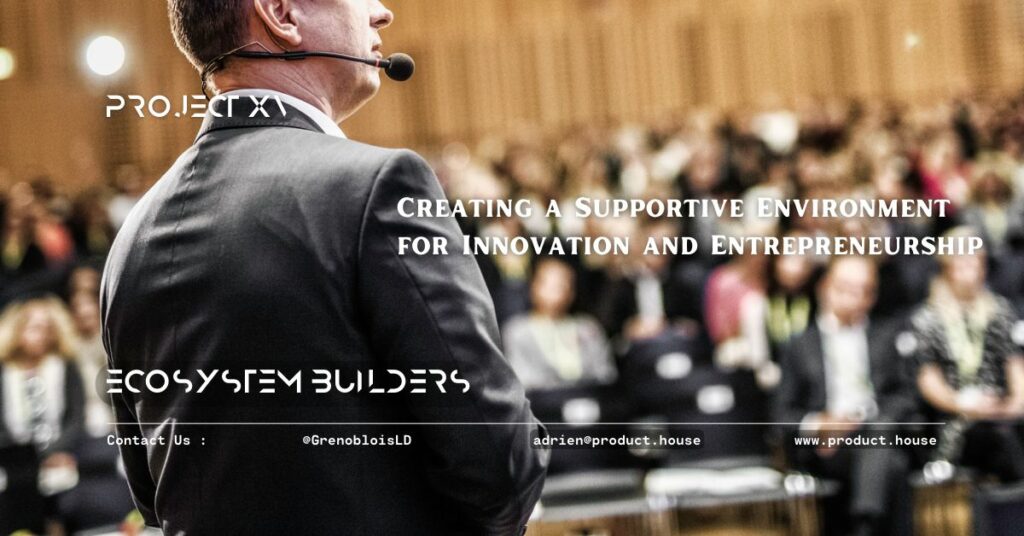A7. Adaptability to changing requirements and project specifications

At the core of any successful project lies the ability to adapt to changing requirements and project specifications. In today’s dynamic business environment, where change is a constant, the ability to adapt and pivot quickly is essential to stay ahead of the competition. This is especially true in the world of project management, where project requirements and specifications can change frequently, sometimes even in the middle of the project. In this article, we will explore the importance of adaptability in project management and how it can help you deliver successful projects that meet the changing needs of your stakeholders.
Importance of Adaptability in Project Management
Adaptability is the key to success in project management. When you start a project, you usually have a set of requirements and specifications that you need to meet. However, as the project progresses, you may find that these requirements and specifications are no longer relevant or that they have changed. This is where adaptability comes into play. The ability to adapt to changing requirements and project specifications is essential to ensure that your project stays on track and delivers the expected results.
One of the key benefits of adaptability is that it allows you to be more responsive to your stakeholders’ needs. When you are able to adapt to changing requirements and specifications, you can respond quickly to your stakeholders’ feedback and make the necessary changes to ensure that the project meets their needs. This can help you build stronger relationships with your stakeholders and improve the chances of project success.
Another benefit of adaptability is that it can help you identify and manage project risks. When you are able to adapt to changing requirements and specifications, you can identify potential risks early on and take proactive measures to mitigate them. This can help you minimize the impact of risks on the project and ensure that it stays on track.
Strategies for Building Adaptability in Project Management
To build adaptability in project management, you need to have a plan in place. Here are some strategies that can help you build adaptability into your project management approach:
- Be Agile: Adopting an agile approach to project management can help you build adaptability into your project management approach. Agile methodologies are designed to be flexible and adaptable, allowing you to respond quickly to changing requirements and project specifications.
- Communicate Effectively: Effective communication is key to building adaptability in project management. Make sure that you communicate regularly with your stakeholders to understand their changing needs and to keep them informed of any changes in the project.
- Embrace Change: Embracing change is essential to building adaptability in project management. Instead of resisting change, embrace it and look for opportunities to improve the project.
- Build a Strong Team: Building a strong team is essential to building adaptability in project management. Make sure that your team members have the skills and knowledge they need to adapt to changing requirements and project specifications.
Conclusion
Adaptability is the key to success in project management. By building adaptability into your project management approach, you can respond quickly to changing requirements and project specifications, identify and manage project risks, and build stronger relationships with your stakeholders. By adopting an agile approach to project management, communicating effectively, embracing change, and building a strong team, you can build adaptability into your project management approach and deliver successful projects that meet the changing needs of your stakeholders.
FAQ reminders
Q: What is adaptability in project management? A: Adaptability in project management refers to the ability to pivot and respond quickly to changing project requirements and specifications.
Q: Why is adaptability important in project management? A: Adaptability is important in project management because it allows project managers to respond to changing stakeholder needs, identify and manage project risks, and deliver successful projects that meet the changing needs of their stakeholders.
Q: What are some strategies for building adaptability in project management? A: Some strategies for building adaptability in project management include adopting an agile approach to project management, communicating effectively with stakeholders, embracing change, and building a strong project team.
Q: What is an agile approach to project management? A: An agile approach to project management is a flexible and adaptable approach that allows project managers to respond quickly to changing project requirements and specifications.
Q: How can effective communication help build adaptability in project management? A: Effective communication is key to building adaptability in project management because it allows project managers to understand their stakeholders’ changing needs and keep them informed of any changes in the project.
Q: What is risk management in project management? A: Risk management in project management refers to the process of identifying potential project risks, assessing their likelihood and impact, and taking proactive measures to mitigate them.
Q: What is stakeholder management in project management? A: Stakeholder management in project management refers to the process of identifying and engaging with project stakeholders to understand their needs and ensure that their expectations are met.
Q: How can building a strong project team help build adaptability in project management? A: Building a strong project team is essential to building adaptability in project management because it ensures that team members have the skills and knowledge they need to adapt to changing project requirements and specifications.




